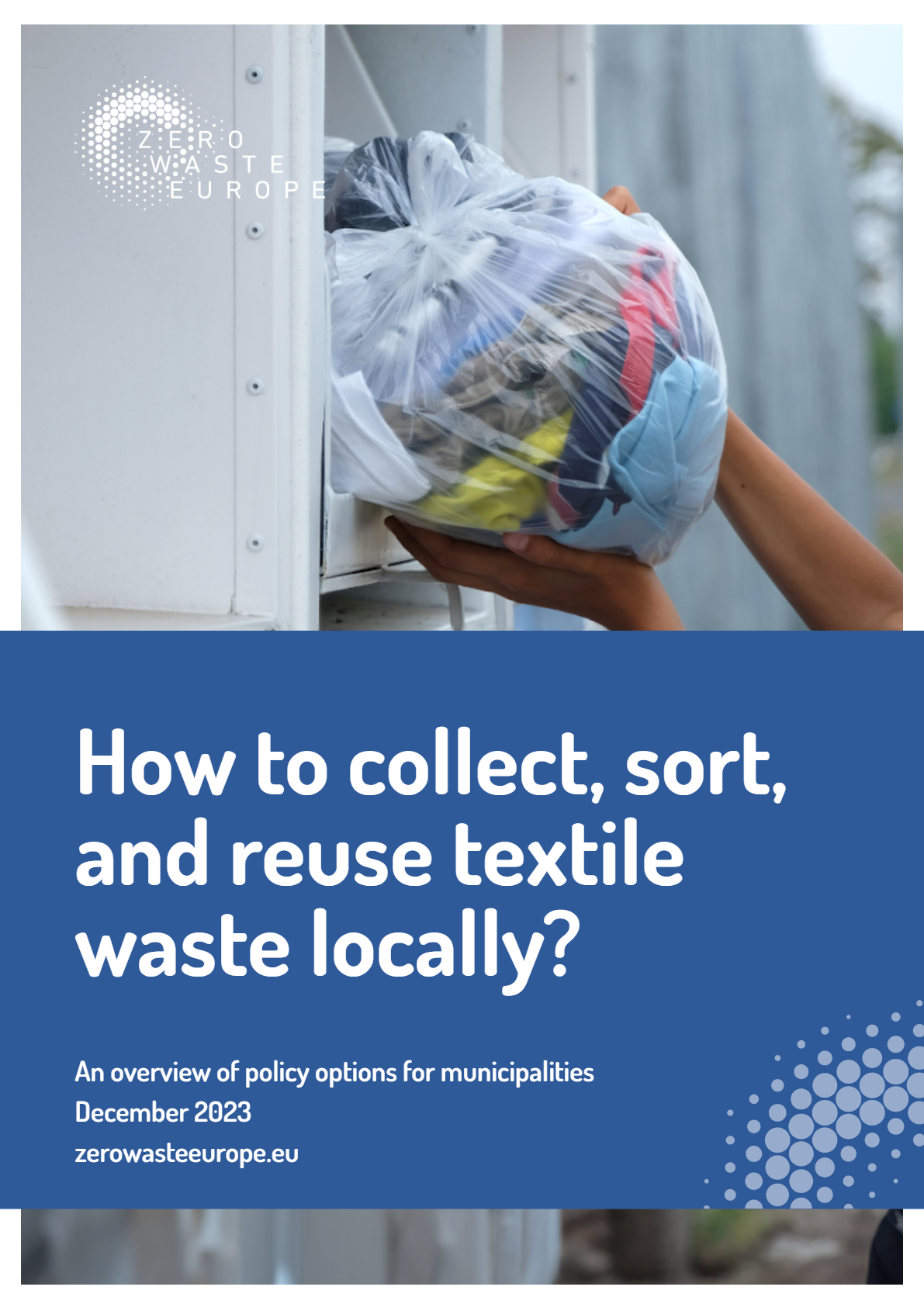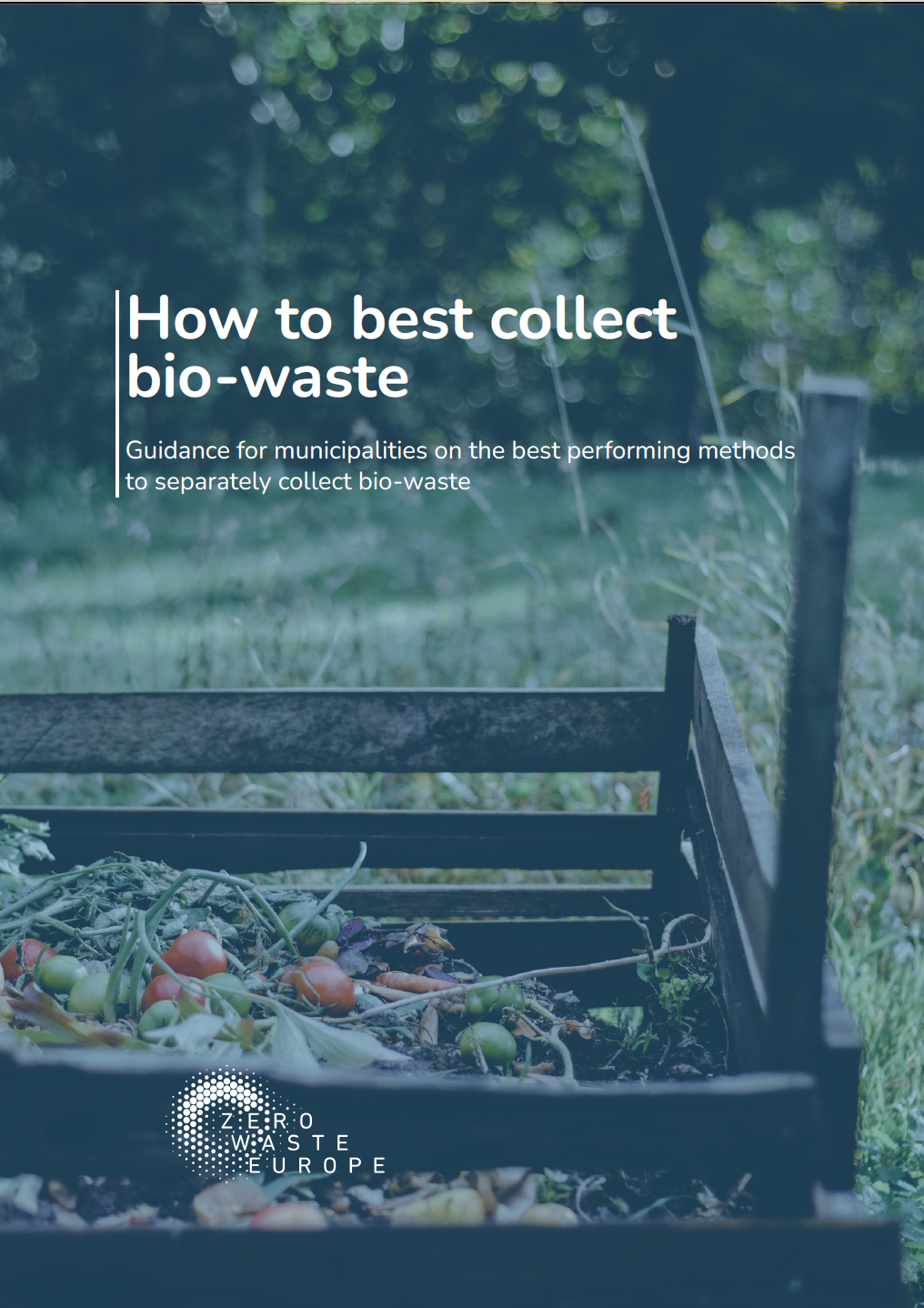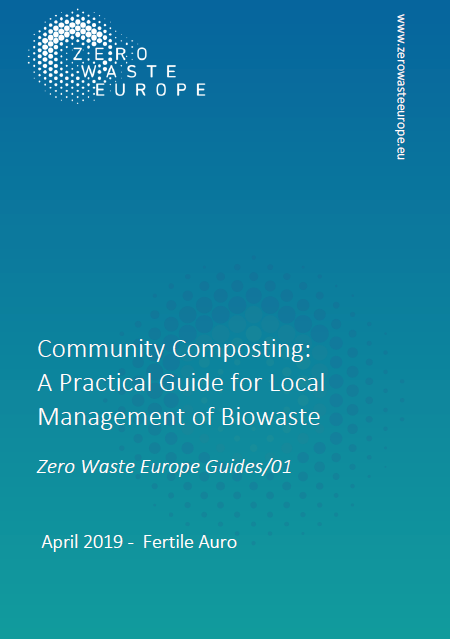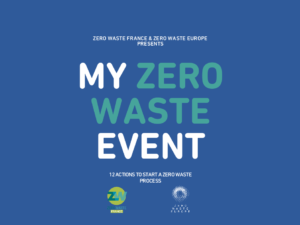
In view of the EU-wide mandatory separate collection of textile waste as of 2025, municipalities have the chance to align textile collection with the waste hierarchy and support a system of local reuse, particularly for clothing. This paper provides municipalities with an overview of good practices and lessons learned from the separate collection of textile waste across Europe.
An optimised collection system can support the implementation of local zero waste solutions. While there is no one-size-fits-all solution, we have identified key success factors, including adopting the collection method to the needs of citizens, mandating quality sorting for reuse, promoting local reuse, and setting up a good governance structure. The governance of the system should seek to integrate the local collection and reuse into the wider policy framework and link social policies with circular economy objectives.
Municipalities hold key levers to steer the system towards local reuse by requiring collectors to generate and report data as well as set performance indicators in line with the waste hierarchy. Finally, the system must anticipate the introduction of the EU-wide introduction of the Extended Producer Responsibility (EPR) scheme for textiles, which is currently being negotiated at the EU level and is likely to become mandatory in all Member States after 2027.
Available in English.

The EU’s Waste Framework Directive mandates that all Member States must separately collect bio-waste from 1st January 2024 onwards. With future recycling targets of 60 and 65% in the coming years, it is increasingly apparent that Member States must prioritise high-performing bio-waste collection models if they are to achieve the desired targets for recycling and the circular economy in Europe as a whole.
Ahead of this upcoming deadline, there is a growing risk of municipalities opting for cheaper, “easier” models that meet the required threshold of “separately collecting” organic waste, with the most common of these being large street containers/bins that municipalities sometimes opt for. With an urgent need to ensure that bio-waste collection systems are rolled out across the EU, as well as the wide range of economic, environmental and social benefits from effectively collecting bio-waste well, this paper has been designed to present key data on the performance of different collection systems for bio-waste from a variety of European regions and municipalities.
The data shown in this paper proves how door-to-door collection models for organics provide the best results – both for the quantity of material collected and the quality of such bio-waste. This guidance document also provides details on the key performance indicators for such systems, as well as a set of policy recommendations for municipalities who are seeking to implement high-performing organics collection systems in their communities. The results from this study are comprehensive – for any municipality wishing to collect high amounts of high-quality (low contamination) bio-waste whilst also saving costs, door-to-door collection is the proven best model for achieving such results.
Available in English, French, Italian, Portuguese, Ukrainian, Estonian, and Hungarian.

Fertile Auro released a new practical guide compiling data, regulatory frameworks and challenges of existing community composting sites aimed at fostering good practices and suggesting future implementations.
Available in English and, for the Spanish version you are going to be redirected here.

A guide on how to run zero waste events. Produced by Zero Waste France, and translated by Zero Waste Europe.
Available in English



